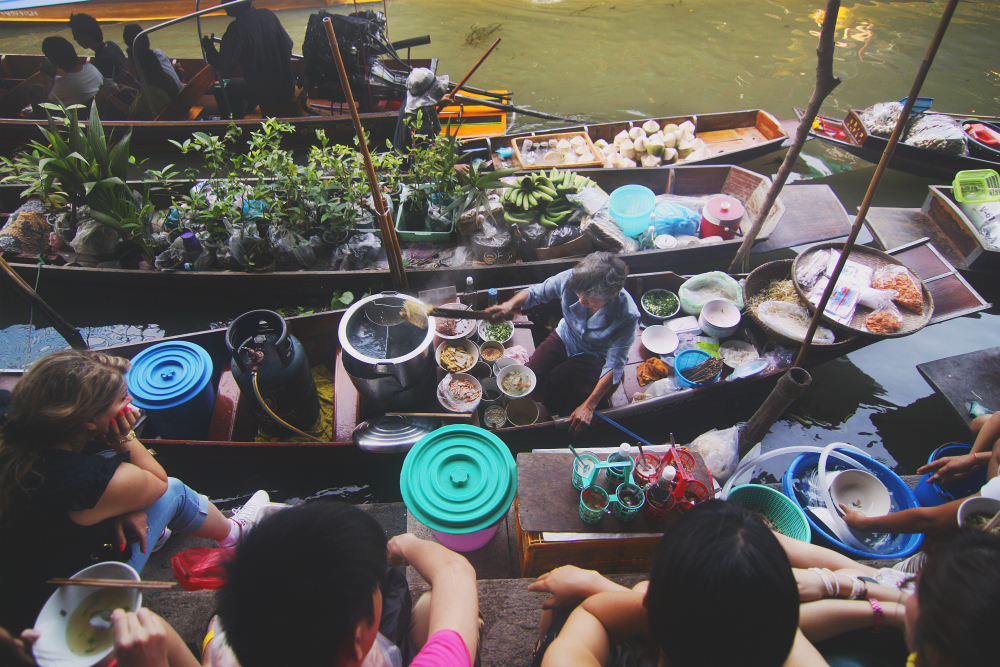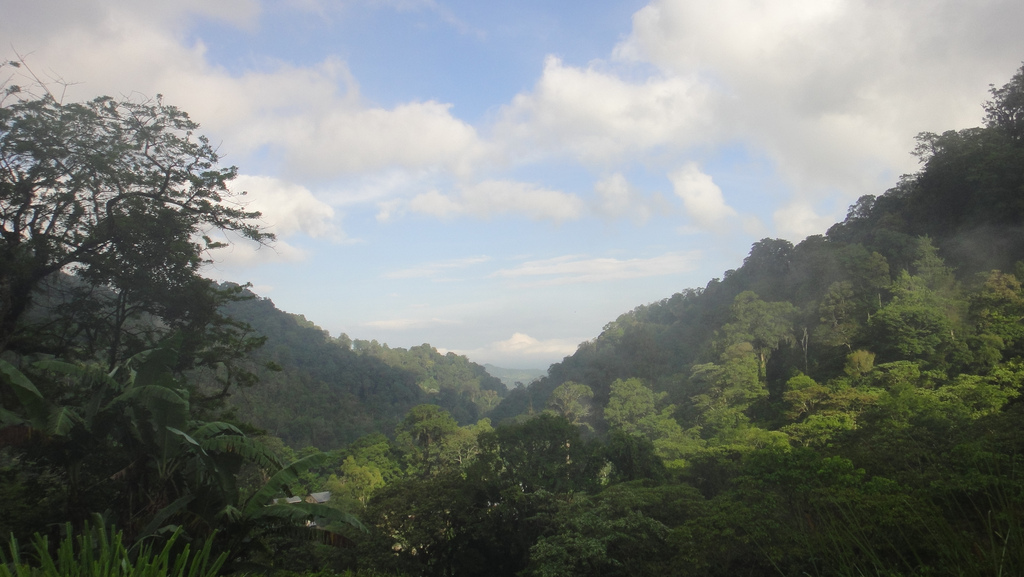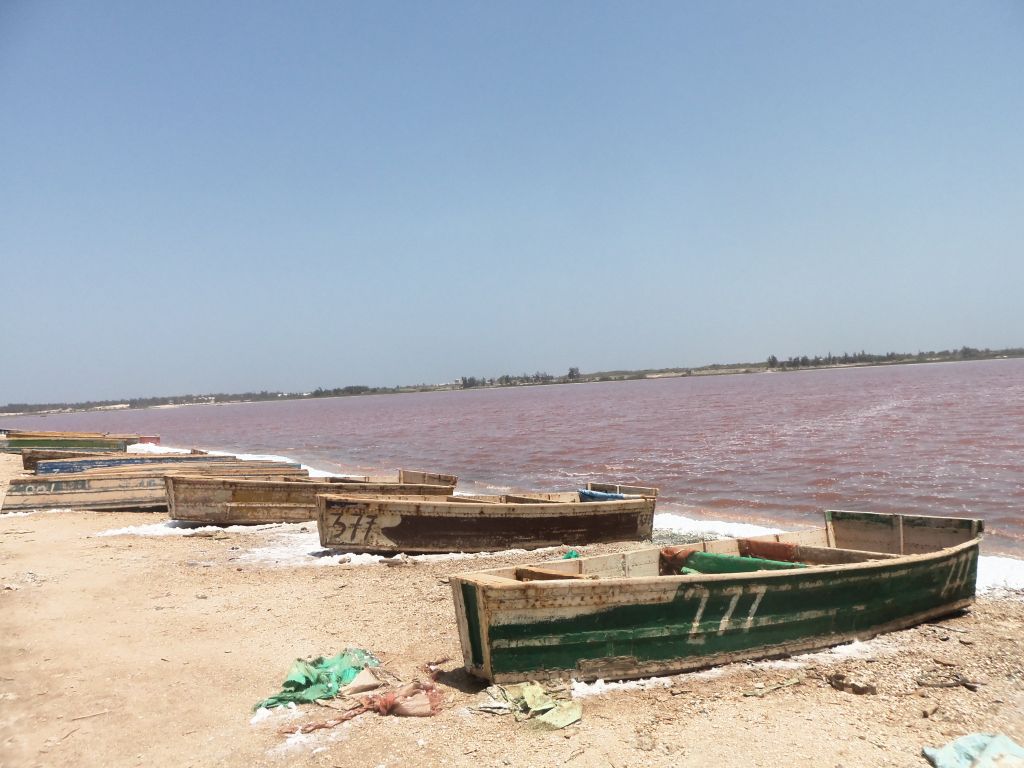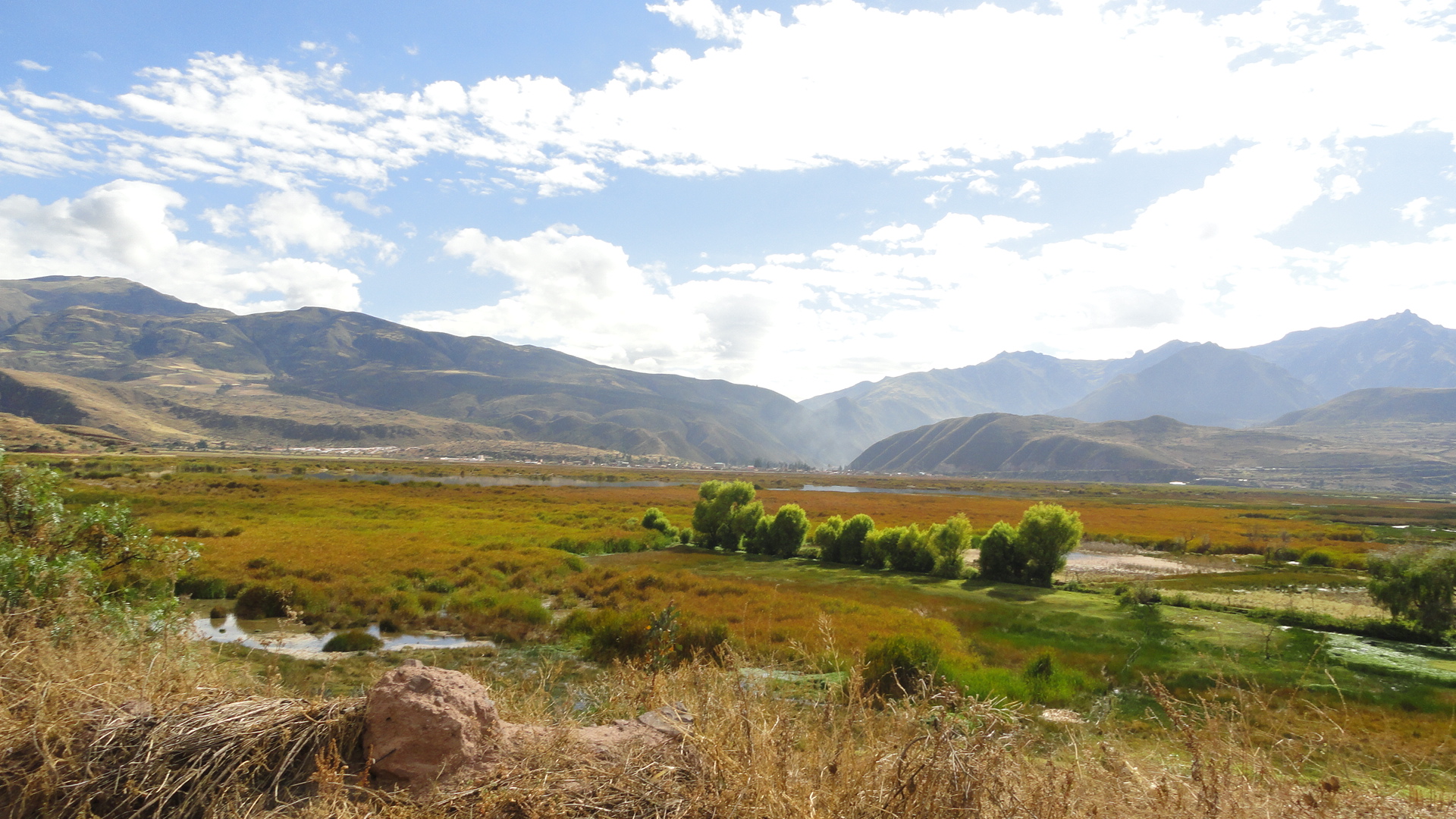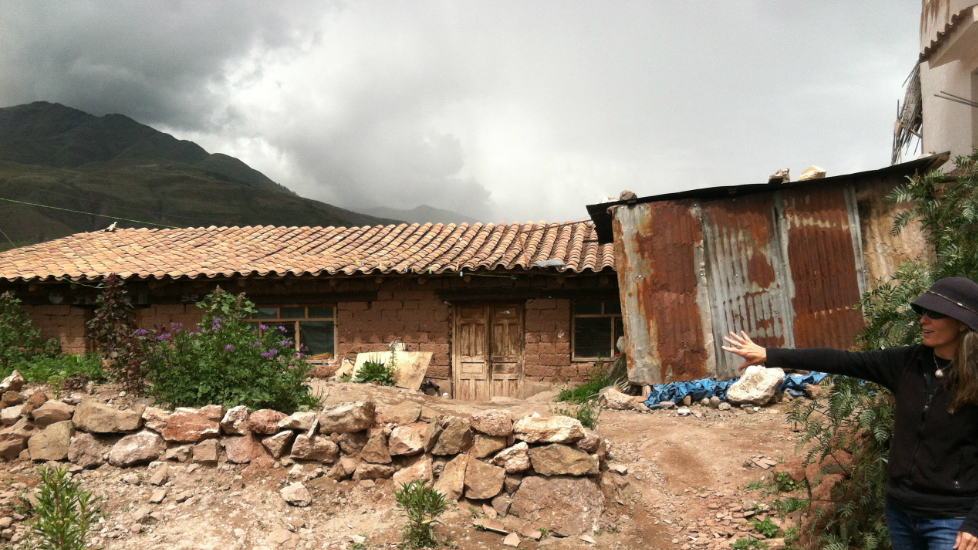SST. These three little letters carry almost 50 years of memories for thousands of people. These three little letters evoke a wide range of emotions for many in the Goshen College community. When I hear these letters, a smile instantly comes to my face.
In the spring of 2013, I travelled to Phnom Penh, Cambodia for three months. It was my first time out of the country, and I was more than a little anxious about what I was getting myself into. As I stepped on the plane with my fellow classmates, I had no idea that I was about to travel to a place that would eventually become a second home for me.
The first few weeks were hard for me; I have a hard time with transitions. However, after the first few days with my family, I started to feel at home. My host family was a little unconventional in that I did not live with host parents. I lived with a brother who was close to my age and a sister who was ten years older than me. I immediately felt like I was part of their family. Although there were times of homesickness and tears, my host family gifted me with many times of smiles and laughter.
